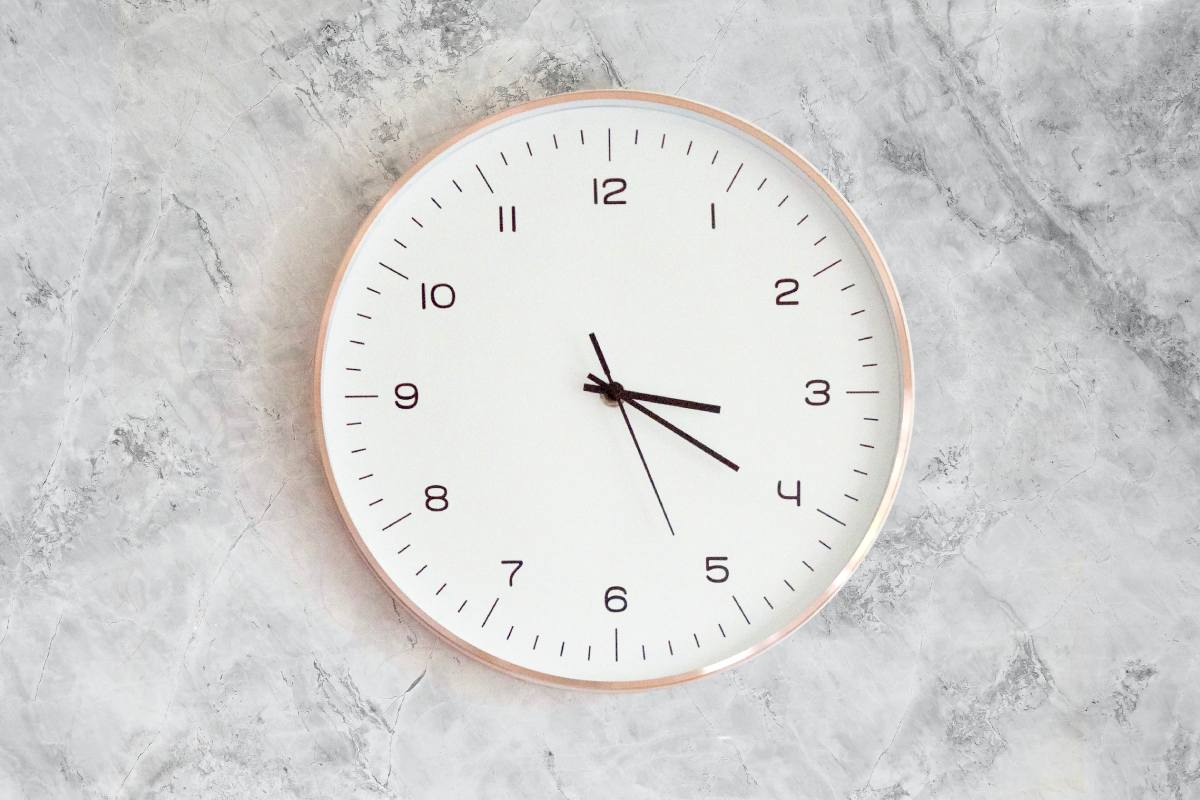Granite is one of the materials many homeowners gravitate towards when choosing a material for their kitchen countertops. This is because of its uniqueness, beauty, heat resistance, range of colors, and family-friendliness.
Another key reason people choose granite is its durability. Granite is one of the hardest natural stones, making it harder to crack or chip than other materials.
How Long Do Granite Countertops Last?
While other countertop materials can last for between 20 and 30 years, a granite countertop can last up to 100 years. This duration can increase or decrease depending on how well you care for your countertop and the things you place on it.
This long lifespan is attributed to the material’s denseness and hardness. The Mohs hardness scale measures the hardness, strength, and scratch resistance of different minerals from one to ten. One represents the softest materials, while ten represents the hardest, and granite falls between six and seven.
While you might have to conduct some repair and maintenance over the years, the countertop will maintain its natural look and hard structure.
How To Increase The Lifespan of Granite Countertops
Ensure proper installation
The granite installation process determines how strong and stable it will be. Ensure the installers use the right support systems to support the granite’s weight.
Sealing
Despite its hardness, granite is porous, making it susceptible to stains from wine, oil, juices, and other foods and drinks. After installation, professionals usually put a sealant over the granite countertop, but wear and tear could eventually remove it.
Ensure you seal your granite countertop after one or two years or after you start noticing small stains. The duration after which you reseal depends on your countertop because light-coloured ones are more porous.
Cleaning
While this is a straightforward and basic practice, it will save your granite and ensure it lasts longer. The best way to clean is by using a soft rug and warm water because it eliminates most of the spills and dirt.
Avoid using chemical cleaners unless it is specified for use on granite. Most of those cleaners are usually harsh and abrasive, breaking down the sealant. You should also avoid rough cleaning materials because they could scratch the surface.
Avoid placing hot substances
While granite countertops are heat resistant, too much heat could result in damage over time. Avoid placing hot pots on the surface because that could cause a thermal shock, cracking the surface. Prolonged heat exposure could also lead to discoloration.
Always have a trivet or wooden plank under your hot pots if you must place the pots on the countertop.
Restoration and resurfacing
This helps deal with scratches, stains, and etch marks. It also helps restore the lustre if your countertop is dull. Depending on the issue you want to fix, there are different restoration processes, like filling, refinishing, and polishing.
- Filling is done using epoxy compounds and helps seal cracks and chips.
- Refinishing is sanding the granite surface, sealing it with silicon-based sealants, and then polishing.
- Polishing helps restore the surface finish using buffing pads and a polishing compound.
Key Takeaways
In conclusion, the longevity of your granite countertop is a testament to the enduring beauty and strength of this remarkable natural stone. With proper care and maintenance, your granite countertop can last for generations, providing an exceptional return on investment for your home. At Best Granite For Less in Pompano Beach, FL, we specialize in delivering superior granite installation in Pompano Beach and crafting exquisite marble countertops in Pompano Beach, FL. Our team of skilled professionals is committed to helping you choose the perfect granite or marble option that not only enhances your space but also stands the test of time. Don’t miss out on the opportunity to transform your kitchen or bathroom with the elegance and durability of granite. Contact Best Granite For Less today and let us bring your vision to life. Experience the unparalleled quality and craftsmanship that sets us apart as the premier provider of granite and marble countertops in Pompano Beach, FL. Your dream space awaits!

